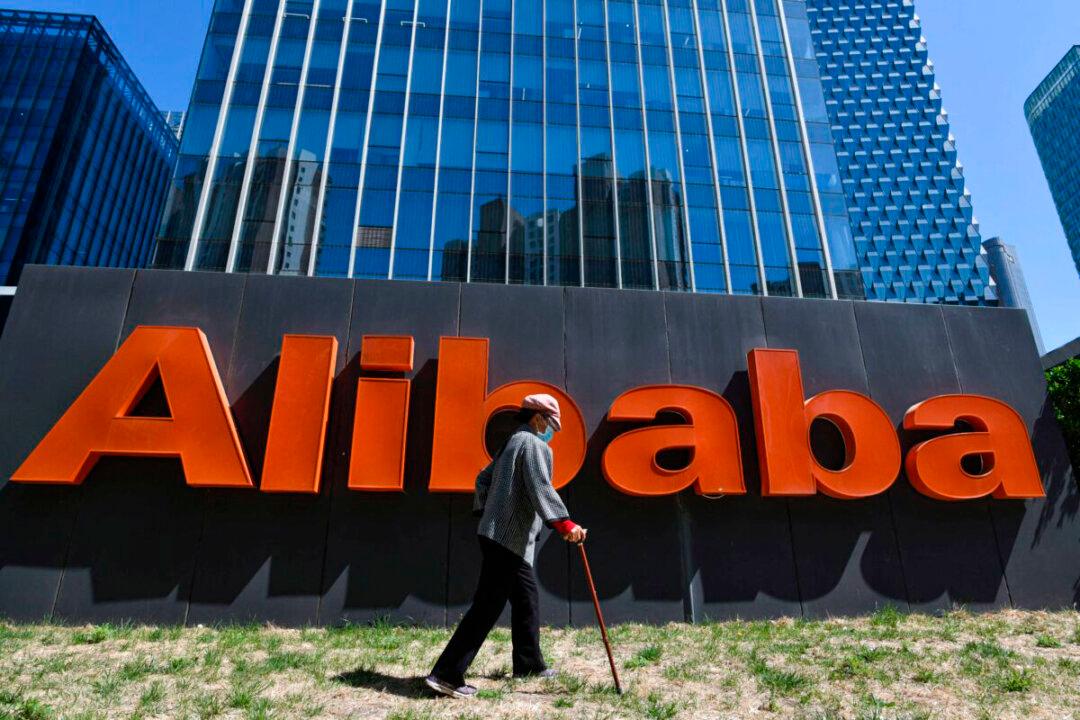News Analysis
BlackRock, the world’s largest investment manager, with more than $9 trillion in assets under management, recently made a very contrarian call.
The investing giant argued that China is no longer an emerging market, and as such, investors need to boost their investments in Chinese stocks and bonds.
China is underrepresented in investors’ portfolios, Wei Li, chief investment strategist at BlackRock Investment Institute, told the Financial Times on Aug. 17.
BlackRock’s latest bullish call on China follows a research report it issued in May, which also argued that the Chinese stocks and bonds allocation in global benchmark indices is too low. In that report, BlackRock said that global economic growth is becoming increasingly bipolar, led by the United States and China at opposite ends of that spectrum, and investors need exposure to both in almost equal measures.
It’s an especially contrarian view considering the recent pain surrounding Chinese stocks.
Many experts are now questioning Chinese companies.
Goldman Sachs recently cut its rating on several Chinese firms, while UK hedge fund Marshall Wace has questioned whether Chinese stocks are investable in the near term.
More broadly, China’s A-shares have trailed global markets, and Chinese companies listed in the United States and Hong Kong have underperformed even more after recent regulatory crackdowns and compliance issues facing several well-known Chinese firms.
So should investors trust BlackRock, the world’s largest asset manager, and double down on their Chinese investments?
Let’s analyze further.
First, let’s examine BlackRock’s motives and incentives. Its CEO, Larry Fink, has been trying to cultivate a strong relationship with Beijing for many years. BlackRock in June became the first U.S. asset manager to receive approval to establish a mutual fund business in China, a position “we are honored to be in,” Fink said in a statement at the time.
BlackRock also has one of the biggest rosters of investment funds with China exposure, including dedicated China funds, as well as Asian and emerging markets funds with China allocation.
The firm’s flagship BlackRock China Fund, which has positions in Tencent, China Merchant Bank, and electric vehicle maker Xpeng, had assets under management of more than $1.5 billion as of Aug. 20. BlackRock also runs a China bond fund that invests in a variety of China fixed-income products, including onshore and offshore RMB-denominated bonds, as well as USD-denominated offshore bonds.
In other words, BlackRock would be well-incentivized to drum up support for investing in China—it earns fees and other revenues from investors who put cash in its funds.
Looking beyond the sales pitch, let’s also examine the substance of investing in China.
On the surface, investing in China may seem attractive. It has the world’s largest population, the No. 2 economy, its second-biggest financial market, an expanding middle class, an internet-savvy populace, and unbound consumerism. All of these are good factors for investment.
But there are significant detractors that make investing in China risky and unappealing.
First, U.S. retail investors buying American depositary receipt (ADR) shares of Chinese companies listed on U.S. exchanges aren’t really buying what they think they’re buying. A share of BABA isn’t owning a share in the actual Alibaba operating company, which is the biggest online retailer in China. A share of BABA is a piece of an offshore holding company, or variable interest entity (VIE), that has a legal construct with the Chinese operating company that grants the offshore VIE a share of Alibaba’s profits. In other words, it’s synthetic ownership because China has banned foreign ownership in certain domestic industries. In addition, VIE structures aren’t officially recognized by the authorities and may be illegal under Beijing’s regulatory regime. But for now, it has worked for the past 20 years.





